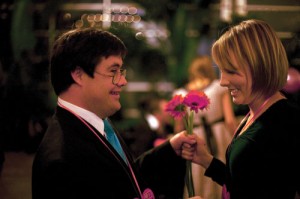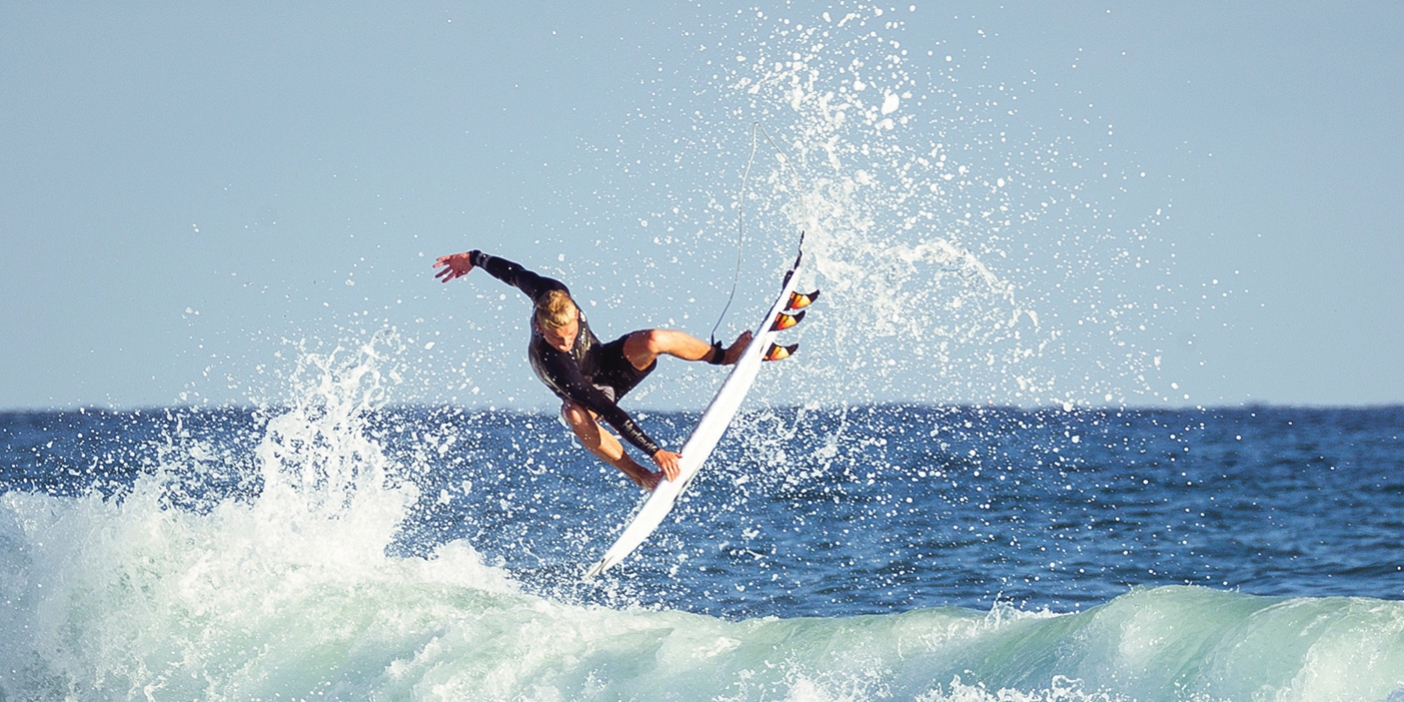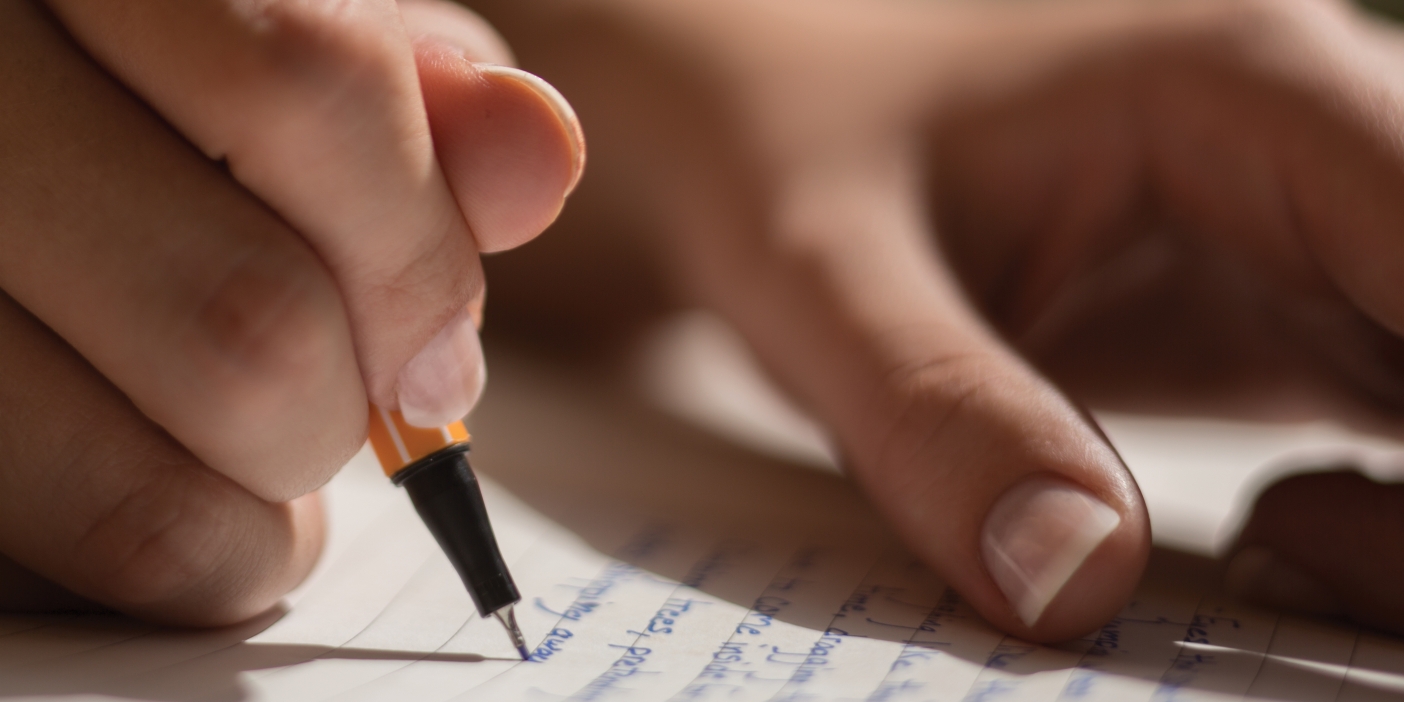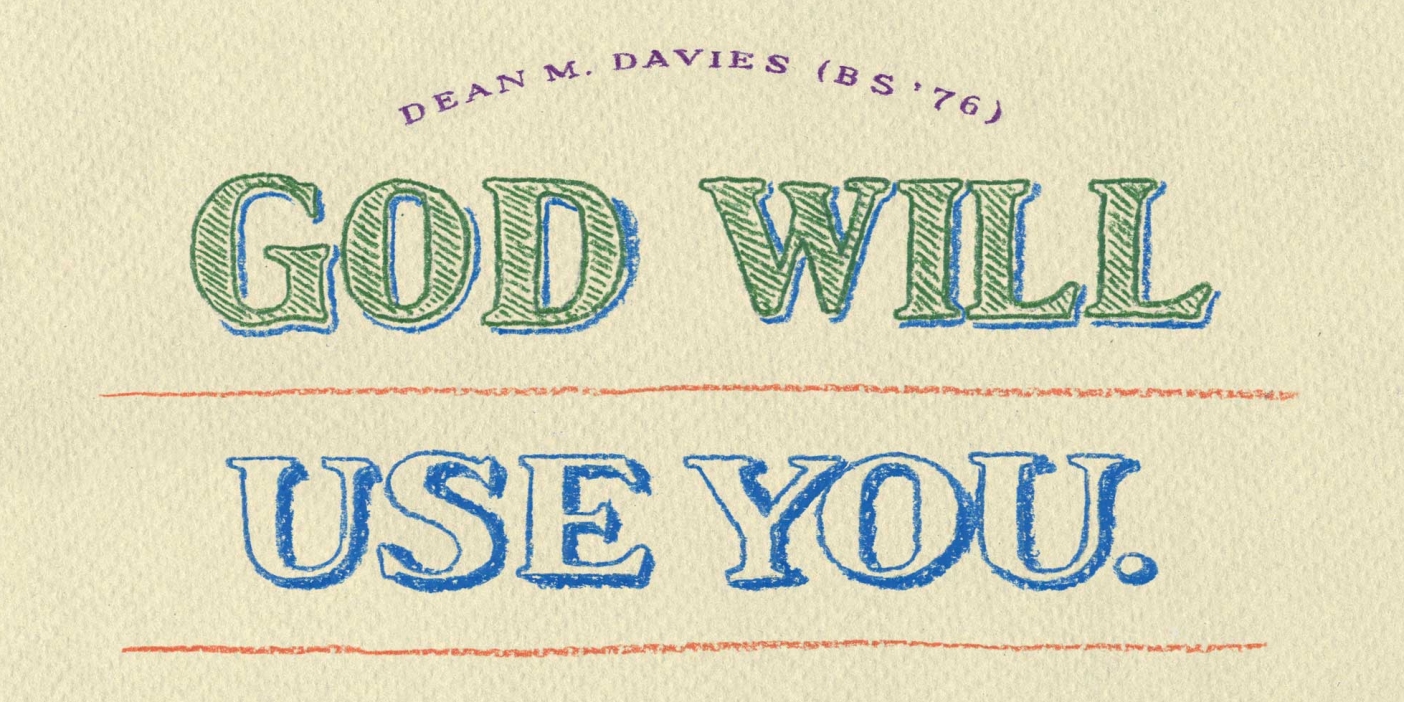Enter to Serve
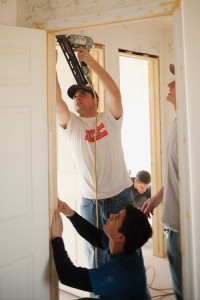
With nearly 80 percent of the student body serving through dozens of programs, BYU students are a force for good.
The moment Jamie Taylor took the stage, I knew the tables had turned.
The Varsity Theatre in the Wilkinson Student Center was filled with best buddies—pairs of students and the mentally disabled friends they’d been assigned to for weekly visits and monthly group activities throughout the semester. It had already been a memorable show. Students and their buddies teamed up to perform skits, dances, lip-syncs, and piano duets.
Jamie, 32 years old with Down syndrome, was the talent show’s final act. He’d been a delightful emcee, praising his friends’ performances, rousing the audience, telling knock-knock jokes. He took his job seriously. He’d introduced every act with such delightful gusto, he empowered even the most nervous performer to brave the stage. Jamie introduced his own act with a simple dedication to me, his friend.
As Jamie sang, my soul was filled in places I didn’t know needed filling. “You raise me up, so I can stand on mountains”—Josh Groban may have made it famous, but Jamie Taylor made it mine, his fist raised to the air at climactic moments, my name inserted wherever he could squeeze it in. “I am strong, when I stand on Sam’s shoulders.” That day and many days since, Jamie Taylor served me in a much deeper way than I could ever serve him.
Why do I serve? I serve because I feel a deep and compelling need to be transformed into something else, something better. As I give myself to service, I am changed, little by little, into someone less selfish, lazy, and impatient than my natural self. So I serve. And I am not alone.
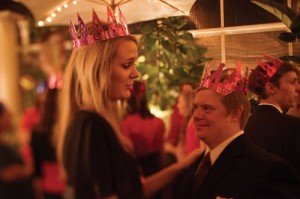
Last year 23,438 BYU students volunteered through community-service programs, contributing to the university being one of 115 schools named to the U.S. president’s 2009 Honor Roll with Distinction, a recognition for higher education institutions that serve their communities. The bustling campus service environment also contributes to the most active volunteer city in the nation. Provo ranks first with 149.7 volunteer hours per resident in 2009, according to the U.S. government’s Volunteering in America report. The next closest city is Ogden, Utah, with 90.5 hours per resident. Seventy-eight percent of BYU students volunteered in 2009, donating a total of 136,745 hours of their time and having an economic impact worth $2.4 million on the surrounding community, according to the United Way’s estimation. And that counts only service given through official programs that track and report service hours.
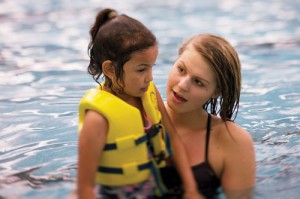
Perhaps most noteworthy is that these numbers represent individual lives already packed with academics, family responsibilities, jobs, and other interests. “The students who volunteer with us have a lot on their plates,” says Casey C. Peterson (BA ’96), director of BYU’s Center for Service and Learning. “They aren’t people with loads of free time. They’re Relief Society presidents. They’re college athletes. They’re TAs.They’re parents.”
The Center for Service and Learning offers students 50 different programs to choose from, in the hope that every student can find an opportunity that is both meaningful and a good fit for them. They can mentor at-risk children, work with juvenile delinquents, teach English to foreign-language families, build houses, adopt grandparents, donate blood, shovel snow from sidewalks, or do dozens of other good works, large or small. And the center is only one of many organizations that offers service opportunities for students. The Student Alumni Association runs an annual food drive. Wards and family home evening groups take on good causes. Service opportunities abound at BYU, as attested by the photographs in this article, which represent a year’s worth of student service.
“I have come to know the Savior more personally through service,” says Rachel J. Robinson (BS ’10), a former student leader at the Center for Service and Learning. “I have felt a greater measure of the love he has for all of his children as I have served.”
While service opportunities have helped Robinson and me and thousands of other BYU students be a force for good in the world, the love service requires is also a force for good in our own lives. As I found that day with Jamie and in dozens of other experiences, true service is always symbiotic.
For information about BYU service programs, visit centerforservice.byu.edu.
Feedback: Send comments on this article to magazine@byu.edu.
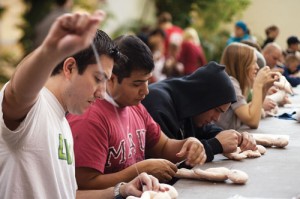
Go Forth to Serve More
Skyler G. Lawrence (BS ’98) fell in love with service while participating in the Adopt-a-Grandparent program as a student at BYU. He later became the BYUSA vice president for community service and hasn’t stopped serving since.
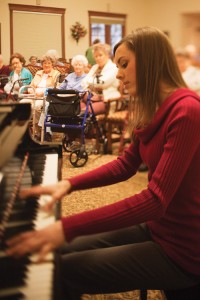
While attending Stanford Law School, Lawrence led a nonprofit clinic that provided free legal services to those in need. Now, as a real-estate developer in St. George, Utah, he serves on the local Habitat for Humanity board. He also coaches a Special Olympics golf team.
“I’ve always loved the scripture in Mosiah that says that when you’re in the service of those around you, you are in the service of God,” he says. “I’ve been very blessed. It’s one way I can repay the Lord.”
Service is a core part of being a BYU graduate, says Linda M. Palmer (BS ’71), executive director of the BYU Alumni Association. “It’s our charge,” she says. “We enter to learn; we must go forth to serve. Bettering the world is part of the commitment we make in coming here.”
Finding opportunities to serve outside of church requires initiative and sometimes a bit of creativity. To get started, you can visit volunteer.truist.com or serve.gov and enter your zip code to find service opportunities near you. Or you can contact local or national organizations, such as those listed here.
• The United Way is a gateway to service opportunities with many organizations, including Habitat for Humanity, the American Red Cross, Special Olympics, or local groups.
• Youth organizations like the Boy Scouts, Girl Scouts, YMCA, or Boys and Girls Clubs often need adult volunteers.
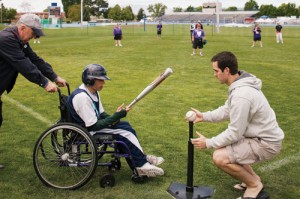
• Local parks and recreation departments or forestry offices can direct you to parks or trails that need maintenance or trees that need planting.
• Schools, Parent-Teacher Associations, or your child’s classroom will gladly put you to work.
• Community athletic, theater, and education programs need coaches, directors, and other volunteers to operate effectively.
• County fairs, city festivals, or other local celebrations need organizers, entertainers, and staff of all kinds.
• City councils, school boards, and election officials need people to operate voting stations, serve as election judges, or even run for office.
• Church groups often give local, national, or worldwide service.
• Homeless shelters and soup kitchens need people to collect, make, and serve food or maintain and operate facilities and programs.


